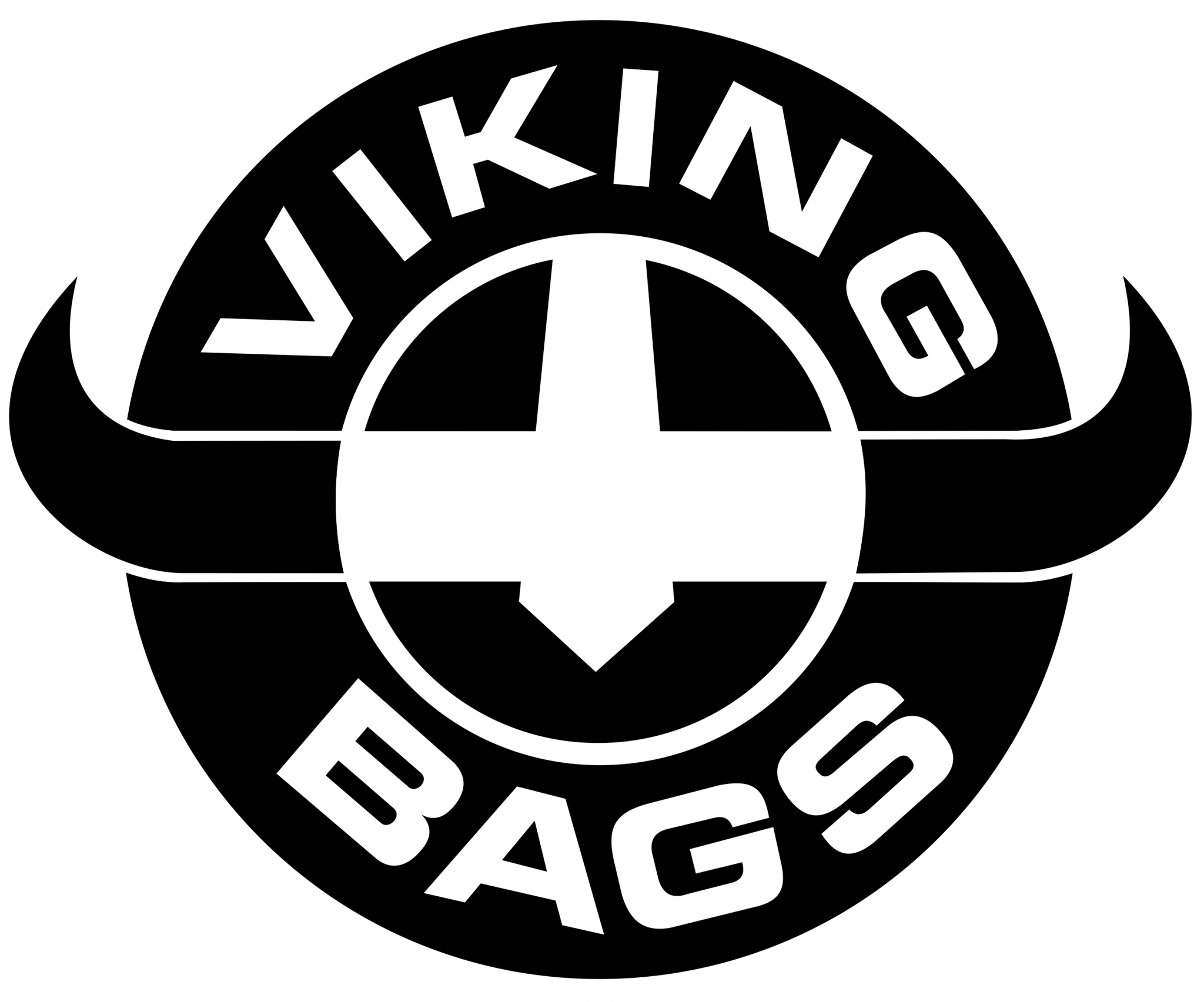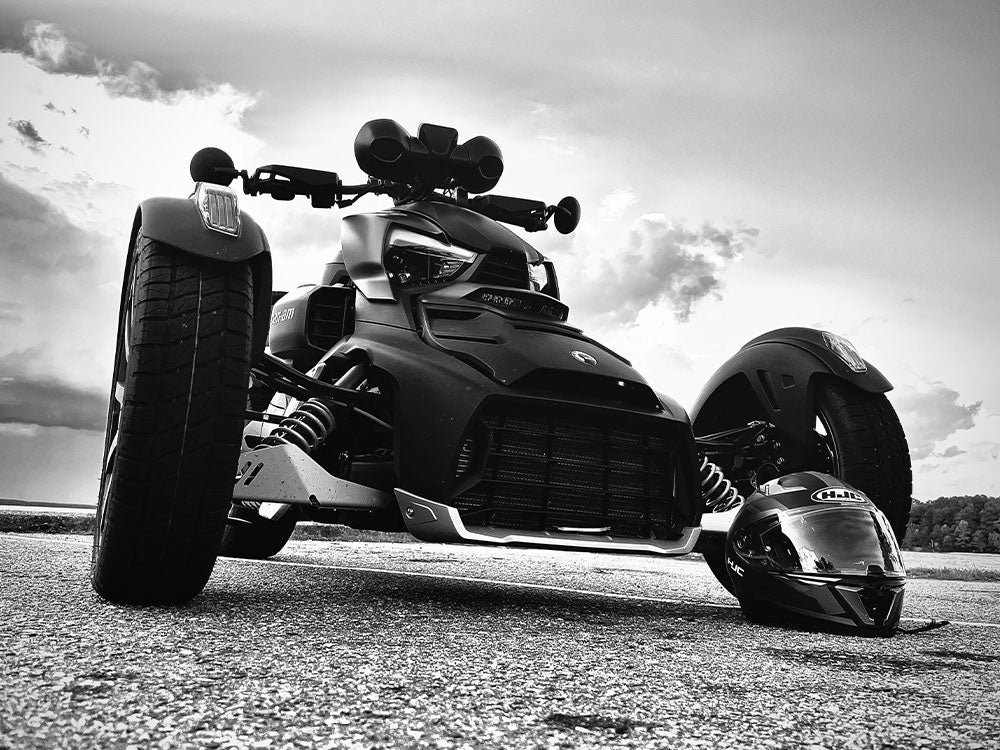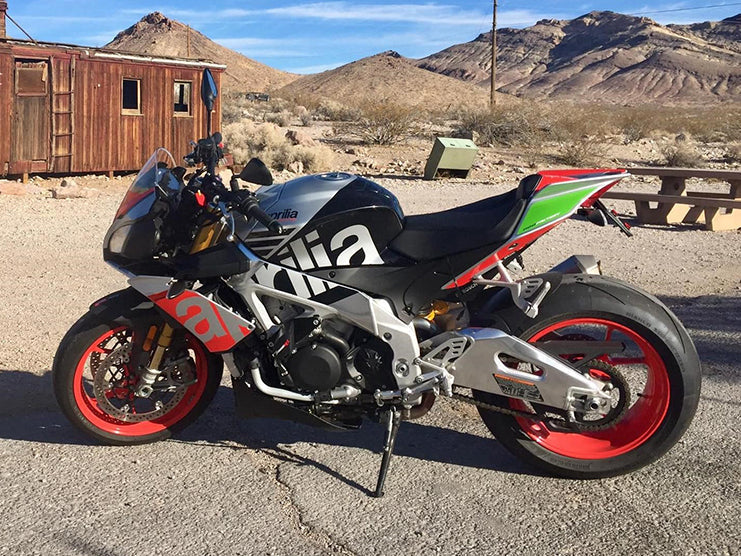Table of Content
Can-Am produces one of the most reliable modern three-wheeled motorcycles, ATVs, electric motorcycles, and side-by-side vehicles. It has a reasonable market share and is popular among motorcycle enthusiasts. However, there would only be a few riders who know about the company, its origin, and its history. Read this article to learn about the remarkable history of Can-Am motorcycles.
1. Can-Am Motorcycles

Can-Am motorcycles are popular among motorcycle enthusiasts and travelers due to their high-quality built and innovative designs. The company produces the most versatile vehicles and the most incredible among all is its three-wheeled trike, with two front wheels and a single rear wheel, installed in the Y-Configuration. Can-Am motorcycles are durable, fun, and easy to ride thanks to their comfortable ergonomics, better stability, and impressive performance.
2. The Remarkable History of Can-Am Motorcycles
1942
2.1 BRP: The Parent Company
The parent company, Bombardier Recreational Products (BRP) has a long history of more than 80 years. It was established in 1942 in Valcourt, Canada by Joseph-Armand Bombardier. Bombardier was a creative, technical, and innovative person and led the company to success by producing several automobile designs. He is credited with performing the first successful testing and production of the snowmobile. As of today, BRP is a renowned business jet manufacturer.
BRP rose to success in no time in the 1970s when it expanded its operations and manufacturing capabilities by also producing fast trains and public transport vehicles. In the 1980s, the company established itself as one of the leading manufacturers of snowmobiles, commercial jets, and railway locomotives.
1972
2.2 Can-Am: The Subsidiary of BRP
In 1972, BRP formed a new subsidiary, known as Can-Am to produce off-road vehicles. The brand name, Can-Am, was derived from the most common acronym used to denote the Canadian-American relationship. The company originated in Canada, however, it had great plans to capture the entire American market, including both North and South America.
1973
2.3 Oil Crisis
In 1973, the world witnessed a war between Arab countries and Israel, which led to a global petroleum crisis. Along with most of the automobile companies, BRP also had to suffer from this oil crisis. As a result, a few of the production lines came to a standstill. The side-by-side vehicles and ATVs witnessed a huge drop in sales and BRP was forced to make tough decisions. The company had to stop production of snowmobiles and a few motorcycles, focusing solely on aircraft manufacture.
Can-Am suffered from a downfall due to the lack of resources and investment due to low sales and the oil crisis. Meanwhile, a major part of the motorcycle and recreational vehicle markets were captured by Japanese manufacturers, including Honda, Kawasaki, and Yamaha.
1974
2.4 Winning AMA Motocross National Championship
Can-Am was always eager to build off-road vehicles. In the first few years after its launch, the company only focused on producing one of the best enduros and motocross motorcycles. In 1974, Can-Am became the undisputed winner of the motocross national championship held by the American Motorcyclist Association (AMA) in the 250 cc category. Riders who participated in the motocross racing at the championship won the first three positions in the final race.
1976
In 1976, Can-Am achieved another milestone by finishing the AMA-held Enduro national championship race in second place. Due to consecutive wins in the AMA Enduro national championship, Can-Am gained popularity in the off-road motorcycling world. Can-Am Motorcycles was considered to be one of the most powerful enduro manufacturers of its time.
1983
2.5 The Launch of 250 cc Road-Racing Motorcycle
Following the success in off-road racing, Can-Am decided to make a mark in road racing as well. In 1983, engineers at Can-Am Motorcycles produced a 250 cc on-road motorcycle for road racing. The 250 cc engine was crafted by fixing two 125 cc Rotax engines on a single crankshaft. Rotax was another subsidiary firm of BRP in Austria.
2.6 Outsourcing
In 1983, BRP handed over the Can-Am Motorcycles’ production to a British company, Armstrong-CCM Motorcycles.
1987
In 1987, the production of the Can-Am Motorcycles completely stopped due to several reasons, including the reduced investment and the dominance of Japanese manufacturers in the global market.
2006
2.7 Reintroduction
In 2006, BRP decided to reintroduce the company with a completely new off-road lineup, including ATVs.
February 2007
2.8 Introduction Of The Can-Am Spyder
In 2007, Can-Am produced one of its most popular, amazing, and versatile vehicles, known as the Can-Am Spyder. It is a three-wheeled motorcycle with a car-like front end and a single rear wheel. The idea came from the snowmobile as it has almost a similar wheel configuration and layout. The Can-Am Spyder was different from the traditional trikes as they usually have an inverted-Y wheel configuration (single front wheel and dual rear wheels). Despite having an innovative design, it is reliable, powerful, and manageable.
October 2007
2.9 High Sales
The Can-Am Spyder became immensely popular shortly after its launch. The sales grew from 0-2,500 units in just 7-8 months.
May 2009
The Can-Am Spyders became widely popular in the U.S. Approximately, 9,932 of the Can-Am Spyders out of 12,500 total units were sold in the U.S. market alone. The company carried out a market analysis and it was found that approximately 27% of the Can-Am Spyders were purchased by riders who have never owned a motorcycle previously and 21% of Can-Am Spyder owners were women. These statistics show that Can-Am was a great success among young, old, and novice riders.
2010
2.10 Introduction of the Can-Am Spyder RT
In 2010, Can-Am introduced the touring version of the Spyder, making it capable of comfortable long-distance rides. It has a sports-touring style front end look, a large windscreen, comfortable rider and passenger seats, and standard storage space.
2.11 Introduction of the Can-Am Spyder RS
As the name indicates, the Can-Am Spyder RS is a sports version of the Spyder. It had sporty and aggressive styling and improved aerodynamics for fast and powerful performance. The Can-Am Spyder RS was fitted with a 998 cc Rotax V-Twin engine capable of a horsepower of 106 hp and a torque of 104 Nm for a thrilling performance.
2013
In 2013, Can-Am introduced a new model to combine both sports and touring elements. It could be considered a sports-touring reverse trike. It was powered by the same 998 cc Rotax V-Twin engine and with a fuel tank capacity of 44 liters, it was an ideal choice for thrilling long-distance rides.
2015
2.12 Introduction of the Can-Am Spyder F3
In 2005, Can-Am introduced the cruiser version of the reverse trike, known as the Can-Am Spyder F3. It has a muscular and bold look and is powered by a 1,130 cc Rotax engine capable of delivering an impressive horsepower of 115 hp and a torque of 130 Nm. The Can-Am Spyder F3 features all the modern and safety features, along with the digitally encoded security system. It has a low seat height, upright riding position, and forward-mounted foot controls.
2.13 Can-Am Spyder’s Sales Crossed 100,000 Units
In 2015, Can-Am sold its 100,000th unit of Can-Am Spyder at the Spyderfest event held in Springfield, Missouri.
2.14 What Made the Can-Am Spyder So Special?
The Can-Am Spyder’s design, configuration, and performance are all top-notch. It is not a regular motorcycle as it has three wheels due to which it became an ideal vehicle for those riders who find riding a motorcycle difficult.
The Can-Am Spyder is powered by a 998 cc BRP-Rotax in-line three-cylinder V-Twin engine with electronic fuel injection. It was available in both manual and automatic transmission with a reverse option. The automatic Can-Am Spyder has a small pedal shifter installed near the hand controls which can be used for upshifting and downshifting without engaging the clutch. It comes with several modern features, including ABS, power steering, stability control, and traction control. The Can-Am Spyder also has a standard storage capacity to store a helmet and riding gear.
2.15 Can-Am Introduced the Law-Enforcement Models
In 2015, along with several popular Can-Am reverse trikes, the company also introduced specialized models designed for law enforcement patrolling. The Spyder F3-P comes with a Quick Pursuit ignition system, siren, emergency light, and USB outlets.
2016
In 2016, the Can-Am Spyder RS and the Can-Am Spyder ST were discontinued.
2019
2.16 Introduction of the Can-Am Ryker - The Low-Cost Model
In 2019, Can-Am introduced a more affordable and low-powered reverse trike. It is the simplest and lightest trim in the Can-Am Spyder lineup available in two different options, including 600 cc and 900 cc.
2021
2.17 Introduction of the Can-Am Spyder RT Sea-To-Sky Trim
Introduced in 2021, the Can-Am Spyder RT Sea-To-Sky is the most exclusive and expensive model in the Can-Am Spyder lineup, costing $30,999. This model features exclusive styling and features, including comfortable seats for the rider and passenger, badging, premium standard luggage bags, and six-spoke wheels.
2023 Onwards
2.18 2023 Can-Am Off-Road Vehicle Lineup
| 2023 Can-Am Motorcycles Lineup | ||
|---|---|---|
| Type | Models | Base Price |
| Off-Road Side-By-Side Vehicles | Can-Am Defender | $12,399 |
| Can-Am Maverick X3 | $21,599 | |
| Can-Am Maverick Sport | $19,699 | |
| Can-Am Maverick Trail | $13,599 | |
| Can-Am Commander | $14,799 | |
| Off-Road ATV Lineup | Can-Am Outlander 500/700 | $5,999 |
| Can-Am Outlander Pro | $7,299 | |
| Can-Am Outlander | $10,399 | |
| Can-Am Renegade | $11,049 | |
| Three-Wheel Vehicles Lineup | Can-Am Ryker | $8,999 |
| Can Spyder F3 | $22,099 | |
| Can-Am Spyder RT | $24,699 | |
The 2023 Can-Am reverse-trike lineup includes the Ryker, F3, and RT variants.
| Models | Trims | Engine Displacement | Base Price |
|---|---|---|---|
| 2023 Can-Am Spyder | |||
| Can-Am Spyder Ryker | Ryker | 600 cc/900 cc | $8,999 |
| Ryker Sport | 900 cc | $11,899 | |
| Ryker Rally | $13,899 | ||
| Can-Am Spyder F3 | Spyder F3 | 1,330 cc | $18,499 |
| Spyder F3-S Special Series | $20,999 | ||
| Spyder F3-T | $22,799 | ||
| Spyder F3 Limited | $25,999 | ||
| Spyder F3 Limited Special Series | $28,499 | ||
| Can-Am Spyder RT | Spyder RT | $24,699 | |
| Spyder RT Limited | $28,499 | ||
| Spyder RT Sea-To-Sky | $30,999 | ||
The company is all set to launch its electric motorcycles, including the Can-Am Pulse, and the Can-Am Origin in the mid of 2024. These motorcycles are designed to capture the future electric bike market. The Can-Am Origin is a high-end electric adventure bike with high-ground clearance, knobby tires, and versatile performance. Meanwhile, the Can-Am Pulse is a high-end electric motorcycle for daily commutes. It is designed for better agility and maneuverability.
3. Frequently Asked Questions (FAQs)
3.1 How Reliable is a Can-Am?
Can-Am not only manufactures one of the most exciting off-road machines, but it also ensures reliability. Can-Am trikes, side-by-side vehicles, and ATVs are considered powerful and they last longer. They are high-quality machines, built with exceptional finish and fitted with several modern and exciting features.
4. Wrap-Up
The reason behind the success of Can-Am is the rich history of BRP, the parent company. After the relaunching of Can-Am in 2006 by BRP, it immediately became a huge success and the number of sales multiplied after the Can-Am Spyder, the reverse trike, was introduced. Another reason why Can-Am became a giant off-road vehicle and motorcycle brand is its capability to get a strong foothold in the U.S. market. In the United States, Can-Am Spyders became particularly popular among women and novice riders. Can-Am has the potential to grow further as it constantly upgrades and improves its lineup and products.
If you want to use your Can-Am trike for long-distance tours, Viking Bags offers specially designed saddlebags for your Can-Am Spyder F3 and the Can-Am Spyder F3-S.













Leave a comment
All comments are moderated before being published.
This site is protected by hCaptcha and the hCaptcha Privacy Policy and Terms of Service apply.